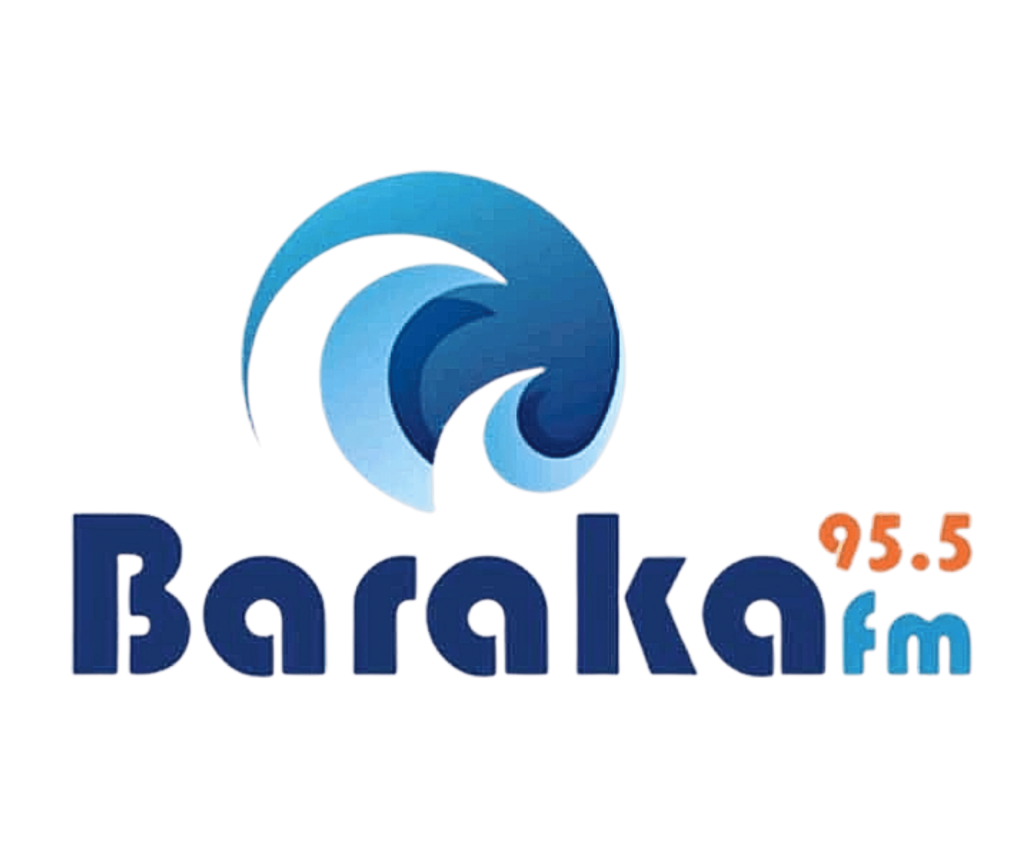With thousands of youth in Kenya’s high schools, the KEMRI-Wellcome Trust is helping students make informed career choices through its Schools Engagement Program (SEP). This initiative involves visiting schools and hosting students at the institution to inspire and guide them toward future careers.
Speaking to Baraka FM during the Jukwaa La Utafiti program, Shadrack Baraka from the institution explained that the primary objectives of SEP are to motivate students to pursue science-related studies, dispel the notion that science is difficult, and encourage positive career aspirations. He noted that the program reaches approximately 40 schools annually.
“We’re working to create awareness within the Kilifi County community through our community relations department,” said Baraka.
“Last year (2024), we participated in the Career Expo at Malindi Barani Secondary School, where we spoke to around 3,000 students. Before the year ends, we will host a similar program in partnership with other organizations. We also conduct digital forums to reach students who SEP does not cover,” he added.
In addition to SEP, KEMRI-Wellcome Trust-Kilifi runs the School Leavers Attachment Scheme (SLAS), which targets recent high school graduates from Kilifi County who have achieved a mean grade of B+ or higher. This three-month attachment program recruits 9 to 12 students annually, providing hands-on experience in laboratories, hospital wards, computer departments, and community engagement.
According to a UNESCO report, approximately 25% of university students in Kenya enroll in science, technology, engineering, and mathematics (STEM) fields, with only 6% pursuing health-related studies. Clement Magwabi, an intern and beneficiary of the SLAS program, is now pursuing a postgraduate course in health research methods at Pwani University through a KEMRI-Wellcome Trust scholarship. He attributes the low enrollment in STEM fields to the challenges faced in schools.
“The state of our schools and the ability of teachers to effectively teach science subjects can discourage students from pursuing these fields,” said Magwabi. “Subjects like chemistry and physics require regular laboratory work, but many students go for long periods without practical sessions, which makes these subjects seem difficult and inaccessible.”
Despite these challenges, Magwabi praised the KEMRI-Wellcome Trust for its efforts to inspire and support students. He highlighted a unique benefit of the SLAS program: the opportunity for selected students to attend the London Science Forum in the UK, where they interact with over 750 students from 72 countries.
Baraka urged the Kilifi community, especially professionals, to collaborate in raising awareness and guiding youth toward informed career decisions in science-related fields and across all disciplines.





